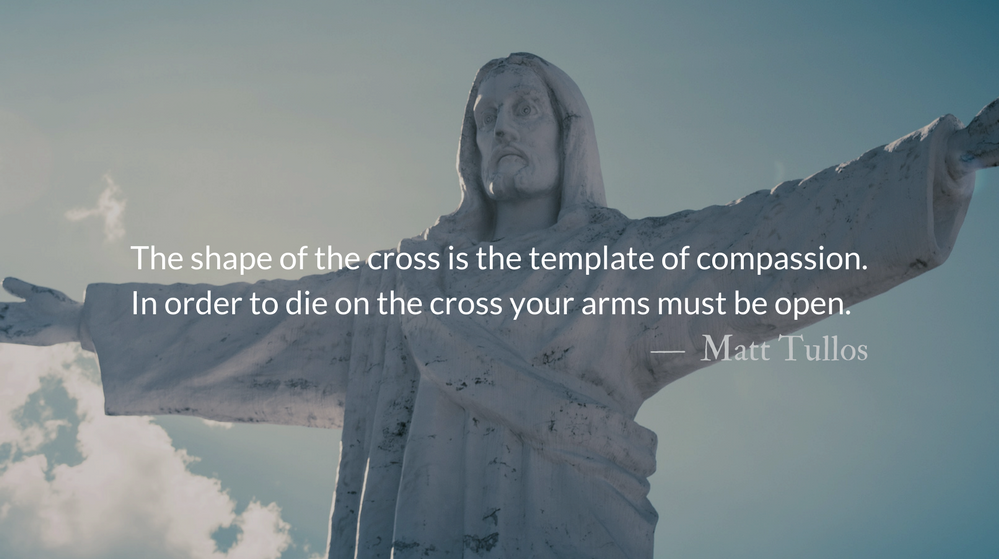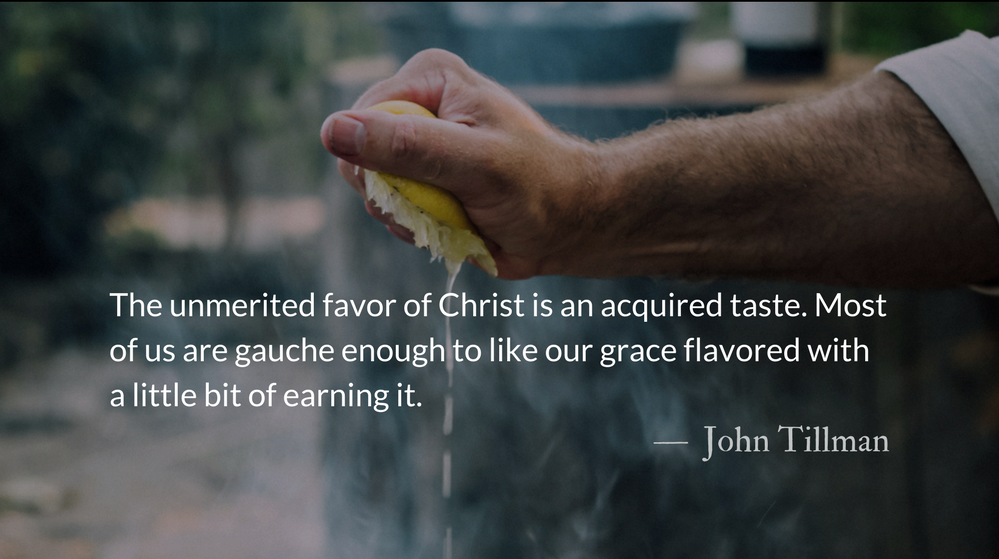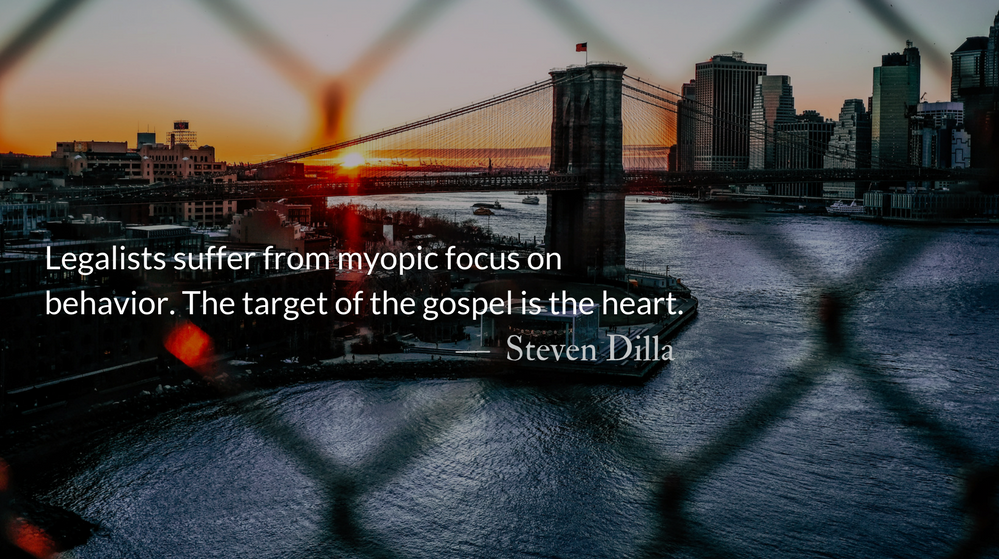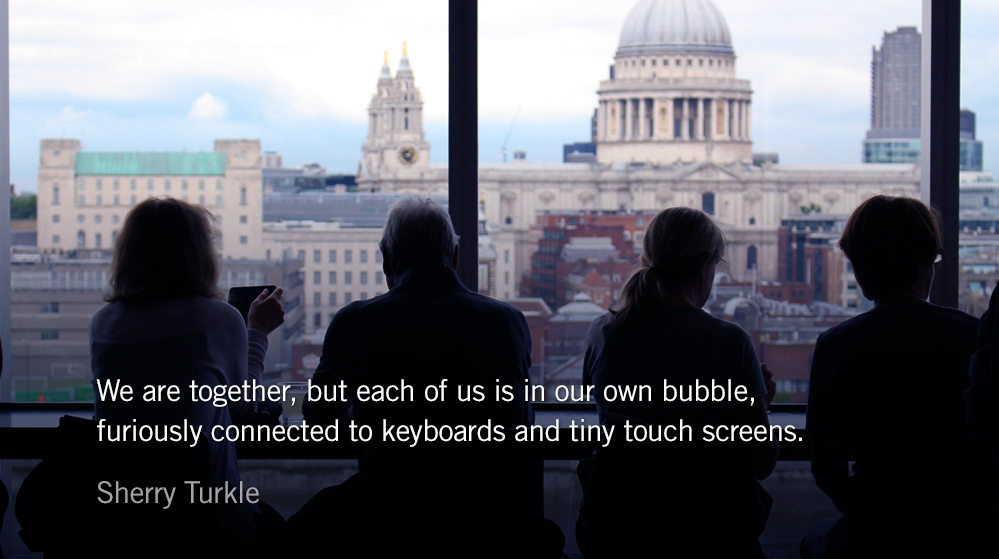Scripture: Proverbs 29.7
The righteous care about justice for the poor,
but the wicked have no such concern.
It is a great consolation for me to remember that the Lord, to whom I had drawn near in humble and child-like faith, has suffered and died for me, and that He will look on me in love and compassion. — Wolfgang Amadeus Mozart
Reflection: The Template of Compassion
By Matt Tullos
Compassion: When we rise above our selfishness and enter into the heartbreak of others.
Jesus hangs on the cross bearing the bleak rebellion of every age. Who can measure the weight of such a burden? Who can scan the circumference of this transaction? This obelisk of sin that outweighed the mass of Jupiter leveled itself against His weakening limbs. And then on that darkening day, He speaks to the beloved ones of his life: “Woman behold thy son. Son, behold thy mother.”
This moment of compassion seems insignificant considering the immensity of humanity that would be forever changed. Jesus was a Savior but indeed He was still somebody’s boy. We hear Him tie up the loose ends of His next of kin. These details would not escape the attention of Jesus.
We look back at the compassion of Jesus as He stood at the grave of a close friend. Those around Lazarus tomb that day observed His grief.
Jesus wept. The community said, “See how he loved him!”
Jesus knew the end of the story. He would call out and Lazarus would come forth, but He stepped into the moment. He stepped into the pain. He stepped into the plaintive wails of a grief-stricken family.
What are you mourning today? He is mourning with you.
He has compassion and is making accommodations on your behalf to get through this. You’ll get through it together. We often forget that even though there are pressing issues on every continent, he still has a heart for the small.
There are kings and presidents and war on every side, but Jesus still has the capacity to know your secret wounds and weep over the tombs of your cloistered dreams. He is a God of compassion. He took care of the people He loved. When we fail to remember this, we struggle.
Jesus’ eyes aren’t solely fixed on the White House, the Vatican or the United Nations. His eyes are in the marriage counselor’s office, at the funeral of a grandfather, and under the bed of an abused child who prays for the gift of peace.
He’s there, too.
The shape of the cross is the template of compassion. In order to die on the cross your arms must be open.
God of Wonder,
King of Glory,
Grant us the courage to look beyond our own pain and enter into the pain of another.
For in this act we receive a more glorious vision of the cross of our slain Savior, Jesus Christ.
In Whose Name we pray,
Amen
*From a series Matt Tullos wrote called 39 Words. A few of these posts are available in audio form via Soundcloud. — John
Prayer: The Morning Psalm
The Lord will make good his purpose for me; O Lord, your love endures for ever; do not abandon the works of your hands. — Psalm 138.8
– Prayer from The Divine Hours: Prayers for Springtime by Phyllis Tickle.
Full prayer available online and in print.
Today’s Readings
Proverbs 29 (Listen – 2:44)
2 Thessalonians 3 (Listen – 2:16)











